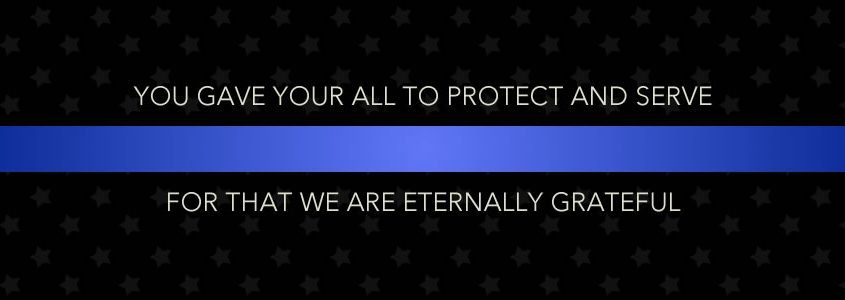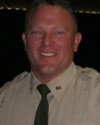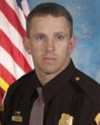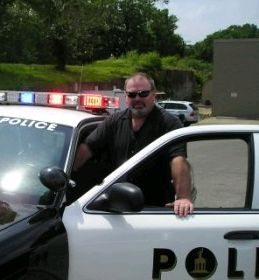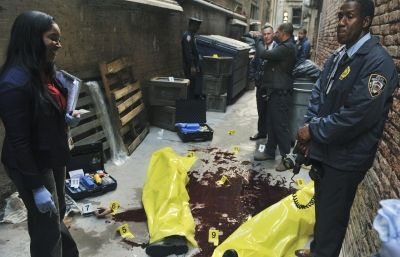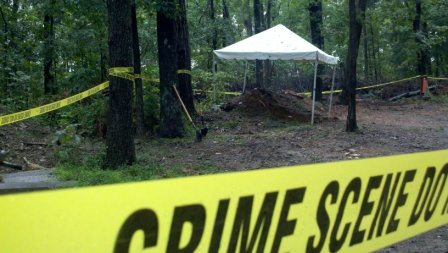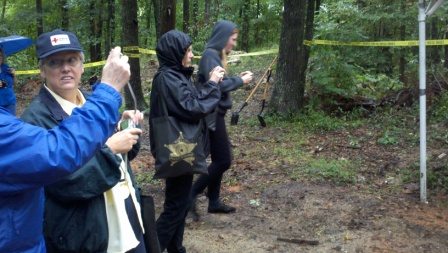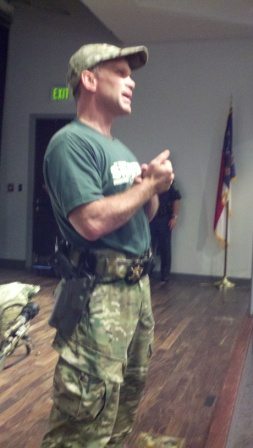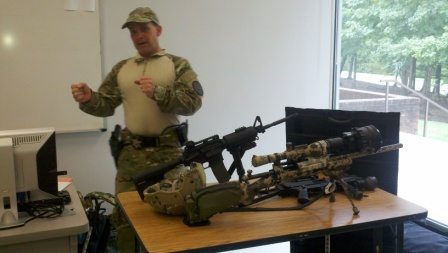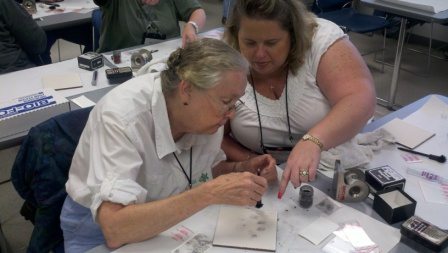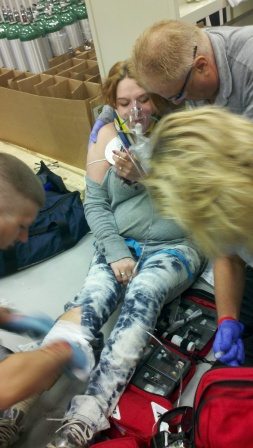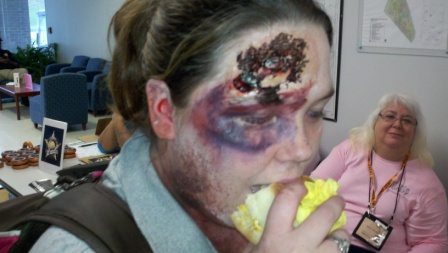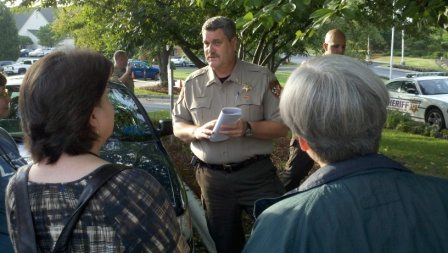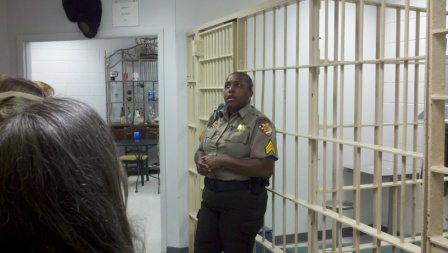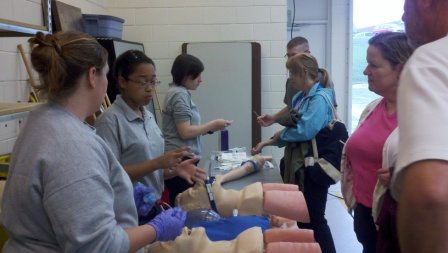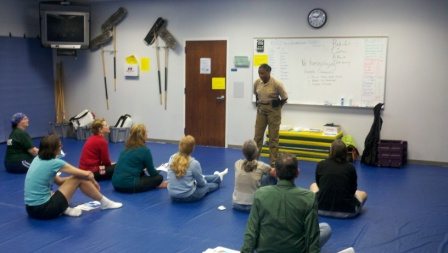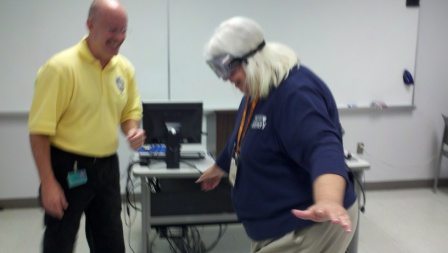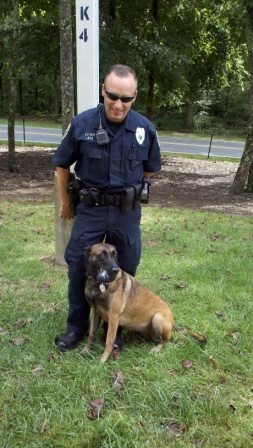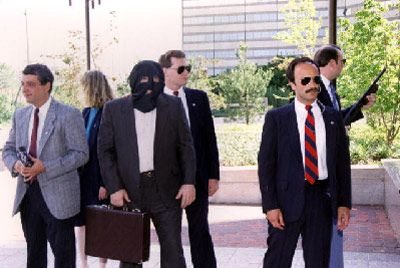Well, Castle fans…they’re back! After a long summer break the show picked up where it left off. And, for me, it was exactly where it left off—two seasons ago. I just couldn’t see past a lot of the “same old, same old.” But more on that later. First, let’s bring Melanie to the soapbox because she thought this episode was wonderful (I could hear her squealing all the way out here on the island).
Melanie, I simply did not get into this first episode. In fact, I was a little disappointed with the story. What’s your take (as if I didn’t know) on the season opener?

Spoiler alert — Spoiler alert — Spoiler alert! If you haven’t seen the episode, this blog will ruin it for you. Just FYI. Okay, on with the show…
The season premier of season four of Castle did NOT disappoint. Wow. From Beckett flat-lining on the operating table, to Josh shoving Castle into the wall only to be called out by Jim Beckett, to Kate sending Castle away once he’s allowed to finally visit her in the hospital (after telling him she doesn’t remember anything about the shooting, including his “I love you”)… and then the time jump. All of the sudden Kate’s back at work, cleared for duty but clearly suffering from PTSD, battling with the new captain, Victoria “Iron” Gates, and drowning in her mother’s case — her case now, too, since the shooting. Rick’s angry that she didn’t contact him for three months, and IMHO, rightly so. She needed the time, though, apparently, to sort things out, to break up with Josh — yes, I said it! She broke up with Josh! Wahoooo! — to spend time reconnecting with her dad at his cabin, to heal.
Rick blames himself for reopening her mother’s case in the first place and has worked tirelessly with Ryan and Esposito the whole time Kate’s been away, the whole time she’s been “healing”. She shows up at his book signing without calling him — her three months away without contact mirroring last summer, when he spent three months in the Hamptons with Gina — and he’s quite upset. They leave the bookstore and talk on the swings at a park… and the news about her break up with Josh, her desire for him to come back to the precinct, and her talk about tearing down the wall inside her heart (a goal that can only be achieved once her mother’s case is solved), finally brings the sparkle back to Rick’s eyes. Her goal becomes his goal, because he gets the message loud and clear: in order for her to dive into a relationship with him, she must first close that chapter of her life.
Kate goes off the rails chasing a dead end in her mother’s case, a fate made worse because Gates has shut her down. This is her greatest fear: to have no leads at all, to not be able to work the case. She’s teetering on the edge of the rabbit hole, and Rick worries he can’t pull her back. Then he gets a cryptic phone call by someone with new information on the case, someone Roy trusted with files no one else has seen… and he becomes even more determined to slow her down and save her life.
Martha is perplexed and scared, but supportive. Alexis, on the other hand, is terrified Rick will be killed. Kate’s shooting traumatized her — even more so, because Rick was standing so close to Kate and dove toward her, trying to push her out of the way. He could’ve taken the bullet instead of her. Alexis wants him to back off, but she doesn’t say it outright. Later they talk, though, and she asks him if Kate makes him happy. He says yes, of course. He’s in love with her. And Alexis seems to understand.
Kate fights through her PTSD with Castle’s help to take down a guy on a raid with Ryan and Esposito. Scary, but effective. She realizes she needs more therapy and returns to see the psychiatrist she saw while she was on leave. There, she comes clean… and finally admits she lied. To him, to herself, and to Rick… about not remembering anything about the shooting. She remembers it all, including Rick’s “I love you”.
Beckett and Castle are back — and better than ever, as far as I’m concerned. They now have a clear goal: solve her mom’s case (and her case, as well), so they can be together. Squee! Finally, they’re on the same page. I’m sure we’re in for a major roller coaster ride, but I’m ready. How ’bout you? I’d love to hear your thoughts on this blockbuster season premiere!
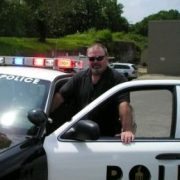
I couldn’t disagree more. But I’m watching the show for different reasons. However, this episode was a little light on police procedure so I was able to watch as a viewer this time and, honestly, I really didn’t like much of what I saw.
Am I the only person who noticed the parallels between this show and the last season opener—three month separation, Castle on the outside looking in (as ALWAYS) while Beckett and pretty-boy smooch it up, she breaks up with the doc because she “needs something more,” Castle wears the sad puppy dog face while Beckett brushes him to the curb…etc. Do something new, folks!
You’ll be surprise to know, though, that I liked Lanie last night. She wasn’t offensive at all, and she sort of acted like a doctor. Well, except for her ride on Beckett’s stretcher while performing CPR on her injured friend. First of all, I wondered why she was doing the procedure on a patient who had a heartbeat and was breathing. Beckett didn’t code until she was in surgery. I know, it was a cool action shot. And I thought the surgery scene was nice.
Lanie’s “It’s a poor man’s suppressor” comment about the pillow used to silence the sound of a gunshot was a nice touch, for a change. You know, instead of her old-style comment that would have been something like, “The shooter held the pillow in his left hand. I know this because seven of the chicken feathers match the print of his ring finger. And, an eighth feather clearly indicates the shooter wore a gold ring that was purchased with an AMEX card in a pawn shop in Parsippany, N.J. on December 9th by a one-eyed, lice-infested sailor from Cincinnati.”
Yep, the poor man’s suppressor definitely works best. It’s less voodooey.
But, it’s time for the cop stuff…
Ryan and Espo examine a murder weapon, a sniper rifle. The weapon was supposed to be undergoing forensics testing, right? So why wasn’t it still in the lab, or in evidence under lock and key? Instead, they chose to contaminate it by having it on display on a desk in their office. By the way, if you’re attending the Writers’ Police Academy this week you’ll see some actual sniper rifles like the one used on this episode.

There’s a new captain in town, Victoria Gates, and I already don’t like the character. BUT, she said something that impressed me. And that was, “It’ll be a cold day in hell before I let a cop investigate her own shooting. My precinct is no place for vendetta.” Bravo! At least there’s one TV writer out there in goofy land who knows how it’s supposed to go in the real world.
Remember the scene when Beckett got her pistol back and she was walking side-by-side with Castle? Did you happen to notice she had it pointed directly at Castle when she was preparing to load it? And, did you see it when she slammed the magazine in place? Yep, the barrel was pointed at Castle’s head. BANG! Safety first, Kate!
Of course, just as the crew is heading inside a dangerous situation, Beckett racks the slide on her weapon. No! Cops always carry a round in the chamber.
How about the buttwipe who drew his weapon on Kate? Should she have shot him? He was pointing a weapon at her, wasn’t he? It’s a threat to her life, right? You bet she she should have shot him. And I can’t wait to see how the WPA recruits react to scenarios such as this during their FATS training. By the way, you could clearly see the hollowpoint rounds in the cylinder of the man’s revolver. Anyone notice that?
I don’t know what sort of blood-engorged folks live in NYC (human ticks, I suppose) but there’s no way a person would bleed completely through a thick queen-size mattress and onto the floor below, like the scene we saw last night. The human body doesn’t contain hundreds of gallons of the red stuff.
And the guy with the shotgun. Would you have shot him? Believe me, I wanted somebody to shoot somebody, anybody, just to end the show.
For me, this episode was just okay. And if it was a sign of what’s to come, well, it’s going to be a long season for me.
So what’s your reaction to this episode? Are you a good cop, or a bad cop?

